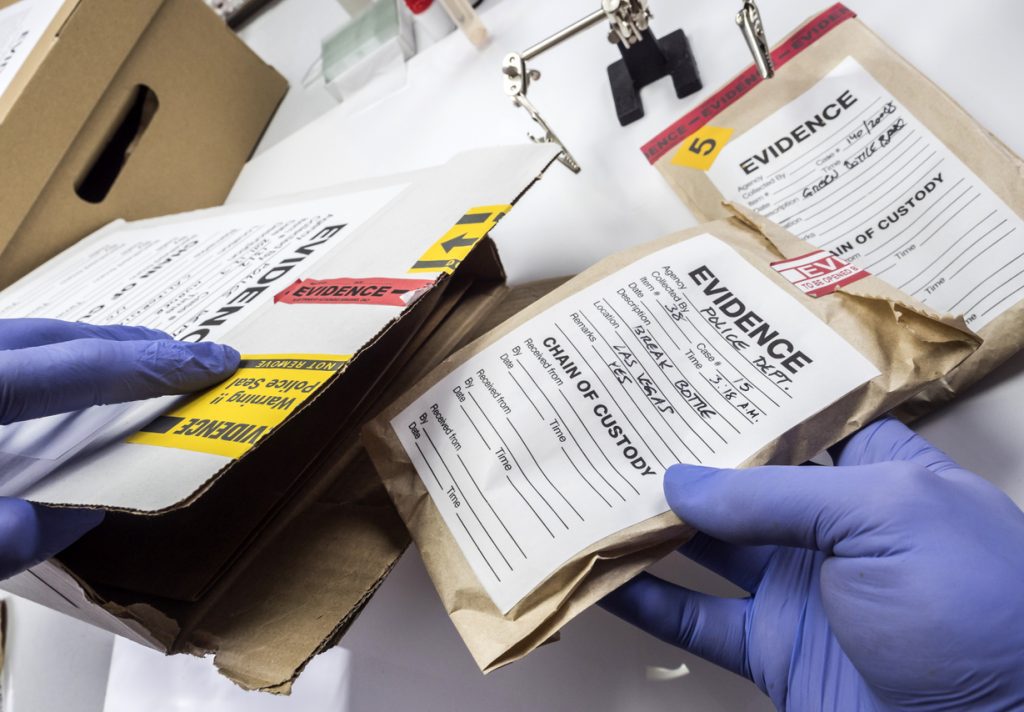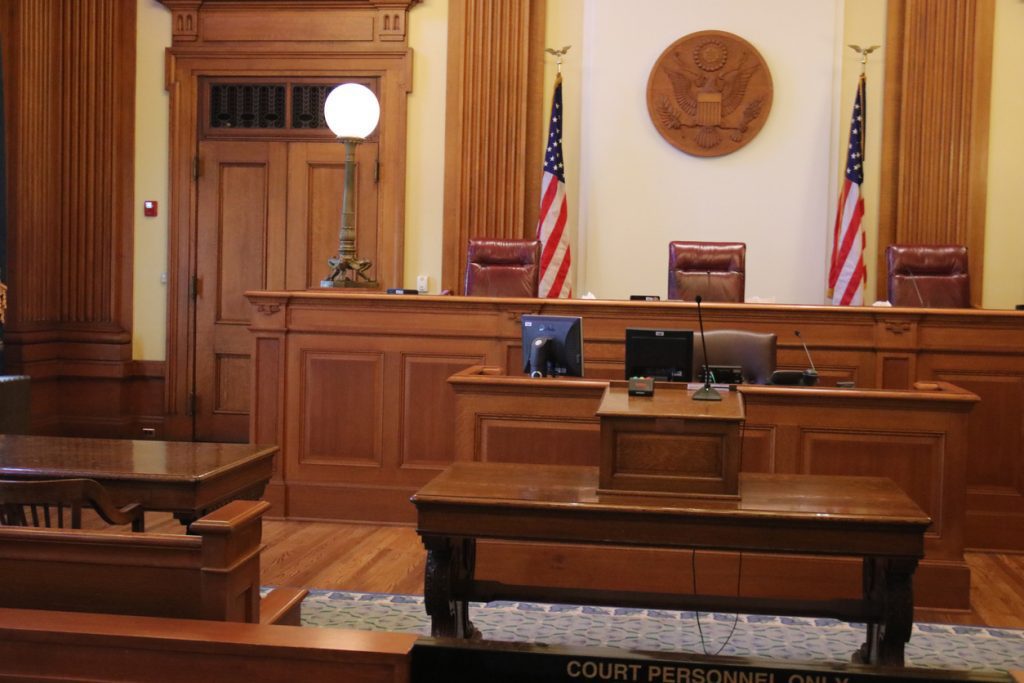Sometimes. If you accept a plea offer from the prosecution in a criminal case and plead guilty in court, you usually cannot change your mind later. But there are also situations where you can withdraw a plea.
To begin, if you change your mind before you actually plead guilty in court, you can usually change your mind. But you can also change your mind after you have entered a plea in court in certain situations.
Usually, to change your mind and withdraw a plea after you enter it or are sentenced, you must show that allowing the plea to stand will result in a clear injustice. This standard is high and hard to meet.
Ordinarily, judges are only likely to allow you to withdraw your plea if the circumstances suggest you are not guilty or that you did not understand the consequences of your guilty (or no contest) plea.
How does a judge decide whether you can withdraw your plea?
To determine whether to allow a defendant to withdraw his or her plea, a judge considers many different factors. Every case is different. But most requests to withdraw a plea occur in one of a few scenarios.
First, a defendant may ask to withdraw a guilty plea if he or she did not understand the consequences of pleading guilty. This could mean that you suffer from something like a learning disability.
But it could also mean you simply did not understand what was happening. Or it could also mean that you were intoxicated during the plea hearings. Having proof of your “incompetence” will help a lot.

A defendant may also ask to withdraw a plea if his or her lawyer provided ineffective assistance or engaged in misconduct that made the plea involuntary. Frustration with your lawyer by itself, however, is not enough.
Finally, if police or the prosecutor violate one of your constitutional rights during the plea-bargaining process, you may also seek to withdraw your plea. This could happen if someone threatened you and forced to plead guilty.
What happens after you accept a plea but then change your mind?
If you change your mind about a guilty plea, the case simply goes back to where it was before the plea. In most cases, this means your case is heading to trial or may lead to more plea negotiations.
The fact that you pleaded guilty earlier in the case cannot be used against you as evidence of guilt at future trial. In essence, it is as though the plea never happened.

But if you withdraw your plea, you are also not entitled to the benefit of the old plea agreement. If, for example, the prosecutor offered you two years in prison, the prosecutor can seek a longer sentence at trial.
Finally, if the trial court refuses to set aside your guilty plea, you can raise this argument on appeal. However, in most circumstances, appellate courts will make you prove that the trial court abused its discretion before reversing.
The Takeaway:
In some circumstances, you can change your mind after entering a guilty plea and decide to go to trial or continue plea negotiations. But, most of the time, once you plead guilty, your case is over.
Most guilty pleas require that you give up your right to trial. And courts are reluctant to let you change your mind after you do.






